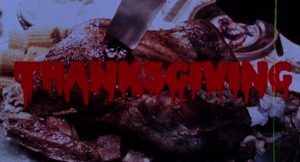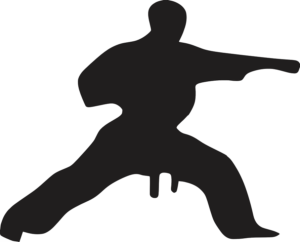If your brain is working overtime and your creativity is starting to wear thin, consider what you’re eating and drinking. Both activities have a remarkable influence on creativity, stress handling, and overall brain function. Here are a dozen things to consider ingesting beyond a cup of coffee when you’re trying to get your mental muse in gear.
- Water
Starting off with what to drink, we’ll begin with something that makes up around 80% of your brain. Making sure you’re hydrated can boost mental flexibility by 14% (and it’s the least expensive on this list!) - Green Tea
Besides a jolt of caffeine, green tea has an amino acid called theanine that can reduce creativity crashing. - Alcohol
There’s a reason why so many writers drank alcohol, and it wasn’t always talking to their publisher. Alcohol reduces executive thinking, relaxes the body, and is known to increase creative thinking. The problem is you shouldn’t drink it while driving or in excess, so no going to any NaNoWriMo write-ins with a jug of moonshine. - Fish, especially non-farmed Salmon
The amino acids and Omega-3 oils help to increase the size of the hippocampus. Fish is brain food, so it makes a good meal and can build the gray matter. Try not to get fried fish though, as that can decrease the good stuff and add calories. - Egg Yolks
Egg yolks contain choline, a nutrient that is crucial to creating some neurotransmitters that boost memory and brain speed. Yolks also have a good dose of Omega-3 oils. - Popcorn
Popcorn is a good snack unless you soak it in the tasty but not healthy stuff like heavy salt, butter, oils, or ranch. My favorite was popcorn dipped in yellow mustard (sounds weird, but is surprisingly delicious and addicting.) Whole grains help regulate glucose, and the additional B6 and B12 vitamins can boost concentration. - Pumpkin Seeds
Halloween is over and you’ve made a pile of pumpkin seeds in the oven? Good for you! (If not, add it to your list for next year’s NaNoWriMo!) Pumpkin seeds make a great snack because they contain zinc, an essential mineral that boosts memory and critical thinking. For some folks, they can also act as an anti-depressant and boost your mood. - Berries
Berries are brain food, plus they’re tasty and healthy for you. Some of them, like the tiny blueberry, have lots of antioxidants. Berries have nutrients to help maintain communication between brain cells and to promote survival and growth of new neurons. - Seaweed
Seaweed-based snacks (or even a meal of sushi) contains tyrosine, a nutrient that promotes abstract thinking. - Avocados
Avocados or dips like guacamole enhances blood flow and oxygen to the brain, so feel free to order up a delicious bowl to share with your writing buddies. - Walnuts
Since walnuts look like miniature brains already, you shouldn’t be surprised to see them here. They contain lots of neuroprotective compounds like melatonin, antioxidants, and those familiar Omega-3 oils. Studies show they increase cognitive performance and inferential reasoning skills. - Dark Chocolate
I saved my favorite for last. Dark chocolates contain flavanols, a nutrient that increases the blood flow to the brain by dilating blood vessels. There’s also a little jolt of caffeine and the mineral magnesium, which releases serotonin and endorphins.
Now that you know what to eat, add some of them to your Thanksgiving feast this year and get a few extra hours of writing instead of falling asleep with the tryptophan blues.




